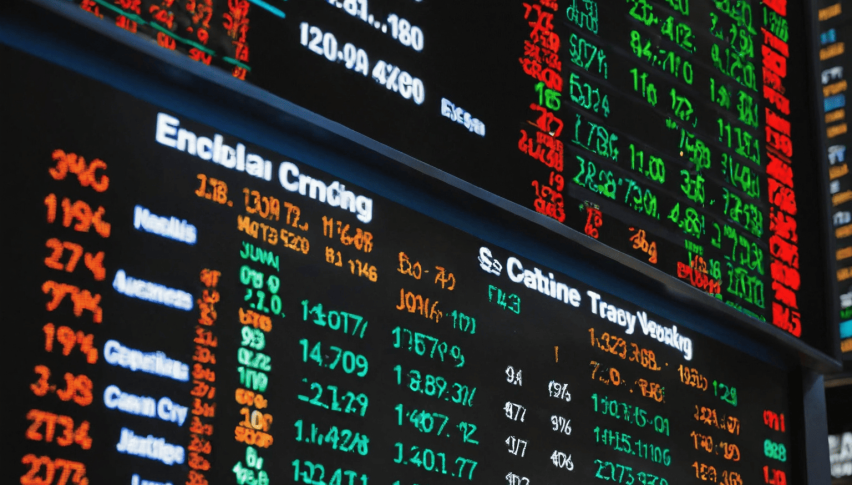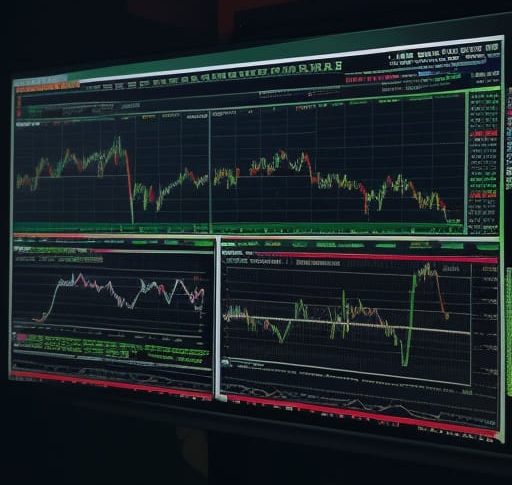Did Trump Sidestep Recession with Recent Trade Deals?
A trade deal beteem China and the U.S. is helping keep the United States back from recession and calming investor fears.

Quick overview
- Economists initially feared a recession due to rising tensions between the U.S. and China, but recent developments suggest those concerns may have eased.
- An agreement to reduce tariffs between the U.S. and China has led to a quick recovery in the stock market and diminished recession fears.
- While the immediate risk of recession has decreased, market fragility remains due to past volatility and uncertainties surrounding future trade relations.
- Investors should remain cautious as the 90-day tariff agreement may not guarantee long-term stability in U.S.-China trade relations.
The recession clock was ticking down, according to some economists, due to rising tensions between China and other countries with the United States. Now, it looks like a recession may no longer be a concern.

A trade deal with the United Kingdom last week was not enough to calm recession fears. There was still worry that the U.S. was headed for a stock market crash. Investors were still worried about the relationship between China and the United States, as China is the U.S.’ biggest trade partner. The two countries seemed to be strongly at odds with little hope of a resolution.
Then on Monday, just like that, an agreement had been reached. Both countries backed down on their tariffs, and the stock market climbed quickly. No longer was there much fear that a recession was going to take place, because these two trade giants were able to come to an agreement, as limited as that agreement might have been.
Both China and the United States reached an agreement where they reduced tariffs substantially for 90 days. What may happen after the 90 days is anyone’s guess, but the groundwork has been laid for lower tariffs and an agreeable trade framework. It looks like the United States was simply looking for minor concessions from China, and that is exactly what they got.
Why Recession May Not Be an Issue Any Longer
Should investors worry about an upcoming recession? Probably not, since the main driving force behind an impending recession was the tariffs imposed by the United States and by China. Now that those have been dealt with to some extent, investors can breathe a sigh of relief. Economists are no longer expecting a recession to take place or the stock market to crash.
There will still be some fragility on the markets because of all the ups and downs that have occurred since Trump took office, but with the tariff problem temporarily shelved, the market can move forward.
JP Morgan raised its probability of recession to 60% in April of this year, stating that rising tariffs were the major concern. With a likely Fed cut coming in the summer and inflation staying stable rather than rising, the risk of recession should be greatly diminished. What happens once the 90-day pause on tariffs is over is hard to say. It is unlikely that either the U.S. or China want a repeat of their recent trade war and its effect on their markets, but a similar trade dispute could emerge. Investors should be aware of that and trade accordingly.
- Check out our free forex signals
- Follow the top economic events on FX Leaders economic calendar
- Trade better, discover more Forex Trading Strategies
- Open a FREE Trading Account



